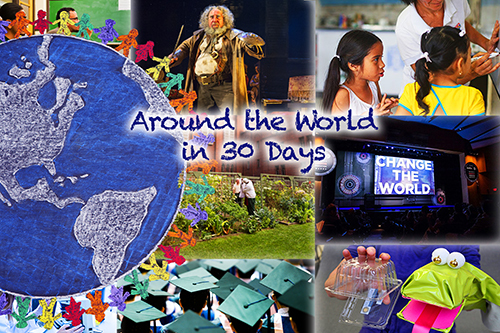
In the profit-above-all-world of digitization and automation, ethics and the nature of professionalism seem to be in question and under attack from all sides. Will the new robots on the block provide the same expertise and multiple intelligences we expect from human experts? What can be done to preserve and strengthen the quality of our professions and what does this mean for learning that remains relevant? Our three part series with Dr. Howard Gardner, inspired by his popular new blog, The Professional Ethicist, was a big hit with all our readers.
Every day should be Earth Day, says Harriet Taub, Executive Director for Materials for the Arts (which has become one of the largest reuse centers in the U.S.). Starting its education program is what Harriet is most proud of. It all began by teaching ‘hat making’ and ‘no sew’ costume making workshops, and then, along with her Materials for the Arts colleague, Joy Suarez, they began to offer week-long workshops for educators through the New York City Department of Education’s Office of Professional Development. We asked the MFTA experts to come up with really innovative things anyone can do to protect our earth.
As Professor Clay Christensen (whose ground-breaking theory of disruptive innovation inspired the annual Tribeca Disruptive Innovation Awards) says, “Technology alone cannot solve the world’s most intractable problems. We must crawl up inside and shine a light on what makes people tick.” He’s referring to the amazing talent the Awards honor every year. I’ve had the pleasure of interviewing many of the honorees, and the competencies they believe are key to success include imagination, grit, empathy, resilience, problem solving skills, risk tolerance, intense work ethic and courage. “If you’re not passionate, challenged and curious, you’re probably on the wrong path,” 2015 Honoree Alyse Nelson told me. Certainly every disruptive innovator I’ve met believes any obstacle is surmountable and each problem (once you fully understand it) has a solution if you have the nerve to be creative enough.
It is 400 years since the death of William Shakespeare. Sir Ian McKellen who supports the The Hip Hop Shakespeare Company (founded by MOBO winner Akala) comments, “Shakespeare is taught in a lot of schools but it’s not necessarily taught by people who’ve got the means of communication and see the relevance and are able to say Shakespeare wrote hundreds of years ago but he is absolutely alive; he is the world’s greatest playwright and he still goes on being relevant….” All the world’s a stage this year as Shakespeare fans everywhere have the opportunity to explore once again the profound importance of the most famous and the most performed playwright of all time. I caught up with Brooklyn Academy of Music’s (BAM) Executive Producer Joseph Melillo to find out what he’d most like to ask the Bard if only he could.
More than ever before, all classrooms are part of a global community. The social media innovations making this connectivity easier with each day that passes are also being used to enhance learning. Our Global Teacher Bloggers are pioneers and innovators in fields such as technology integration, mathematics coaching, special needs education, science instruction, and gender equity. This month we asked them to share their answers to this question: What are the best examples you have seen of teachers using social media to enhance learning? Elisa Guerra from Mexico sums things up brilliantly – “Your students are already caught in social media – so how do you compete for their attention? You don’t – just find them there!” And so from blogging to fundraising to virtual concerts to edchats to creating book clubs to real world media experiences, our top global teacher bloggers shared a wealth of fantastic suggestions and case studies for using Twitter, Skype, Facebook, Learning Platforms, Live Streaming, Google + and more.
Jessie Woolley-Wilson, CEO of DreamBox Learning, tells me their dream is to “provide every child with the ability to reach their full potential by ensuring they have access to the best learning opportunities.” They dare to “delight and surprise learners by delivering a blended, personalized experience that gives students access to the content they are ready for when they need it, and ensuring that progression is based on mastery, not memorization.” And they do “intend to keep growing, improving, and being adaptive. There is no more important endeavor than to support great teaching and learning.” I would agree with Jessie that “our collective futures depend on it!”
Our thanks to all our friends and supporters around the world.
(All pictures are courtesy of CMRubinWorld)
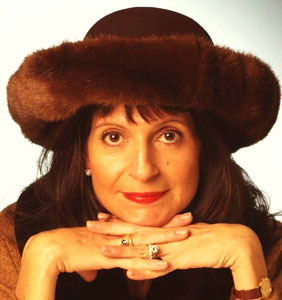
Join me and globally renowned thought leaders including Sir Michael Barber (UK), Dr. Michael Block (U.S.), Dr. Leon Botstein (U.S.), Professor Clay Christensen (U.S.), Dr. Linda Darling-Hammond (U.S.), Dr. MadhavChavan (India), Professor Michael Fullan (Canada), Professor Howard Gardner (U.S.), Professor Andy Hargreaves (U.S.), Professor Yvonne Hellman (The Netherlands), Professor Kristin Helstad (Norway), Jean Hendrickson (U.S.), Professor Rose Hipkins (New Zealand), Professor Cornelia Hoogland (Canada), Honourable Jeff Johnson (Canada), Mme. Chantal Kaufmann (Belgium), Dr. EijaKauppinen (Finland), State Secretary TapioKosunen (Finland), Professor Dominique Lafontaine (Belgium), Professor Hugh Lauder (UK), Lord Ken Macdonald (UK), Professor Geoff Masters (Australia), Professor Barry McGaw (Australia), Shiv Nadar (India), Professor R. Natarajan (India), Dr. Pak Tee Ng (Singapore), Dr. Denise Pope (US), Sridhar Rajagopalan (India), Dr. Diane Ravitch (U.S.), Richard Wilson Riley (U.S.), Sir Ken Robinson (UK), Professor Pasi Sahlberg (Finland), Professor Manabu Sato (Japan), Andreas Schleicher (PISA, OECD), Dr. Anthony Seldon (UK), Dr. David Shaffer (U.S.), Dr. Kirsten Sivesind (Norway), Chancellor Stephen Spahn (U.S.), Yves Theze (LyceeFrancais U.S.), Professor Charles Ungerleider (Canada), Professor Tony Wagner (U.S.), Sir David Watson (UK), Professor Dylan Wiliam (UK), Dr. Mark Wormald (UK), Professor Theo Wubbels (The Netherlands), Professor Michael Young (UK), and Professor Minxuan Zhang (China) as they explore the big picture education questions that all nations face today.
The Global Search for Education Community Page
C. M. Rubin is the author of two widely read online series for which she received a 2011 Upton Sinclair award, “The Global Search for Education” and “How Will We Read?” She is also the author of three bestselling books, including The Real Alice in Wonderland, is the publisher of CMRubinWorld, and is a Disruptor Foundation Fellow.
Follow C. M. Rubin on Twitter: www.twitter.com/@cmrubinworld

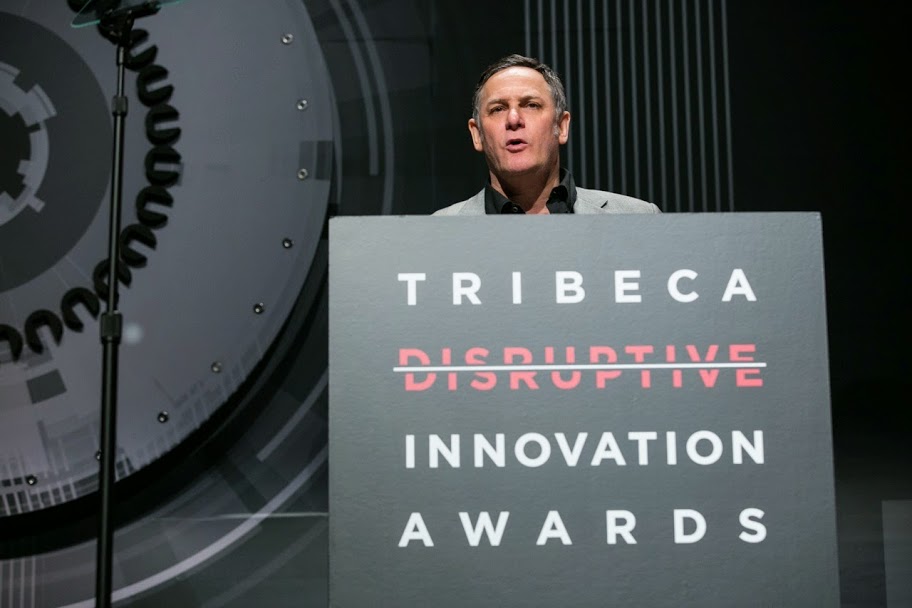
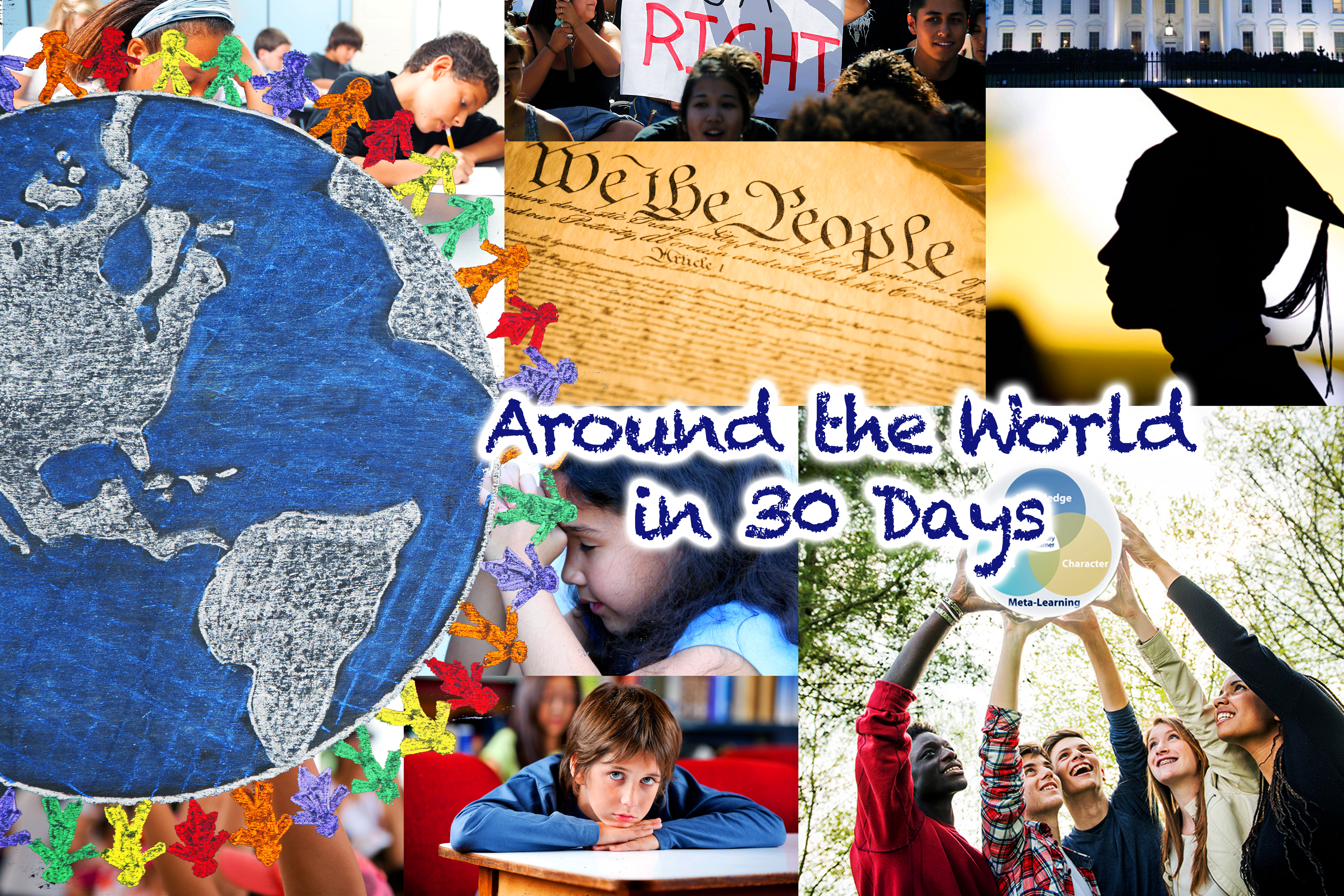
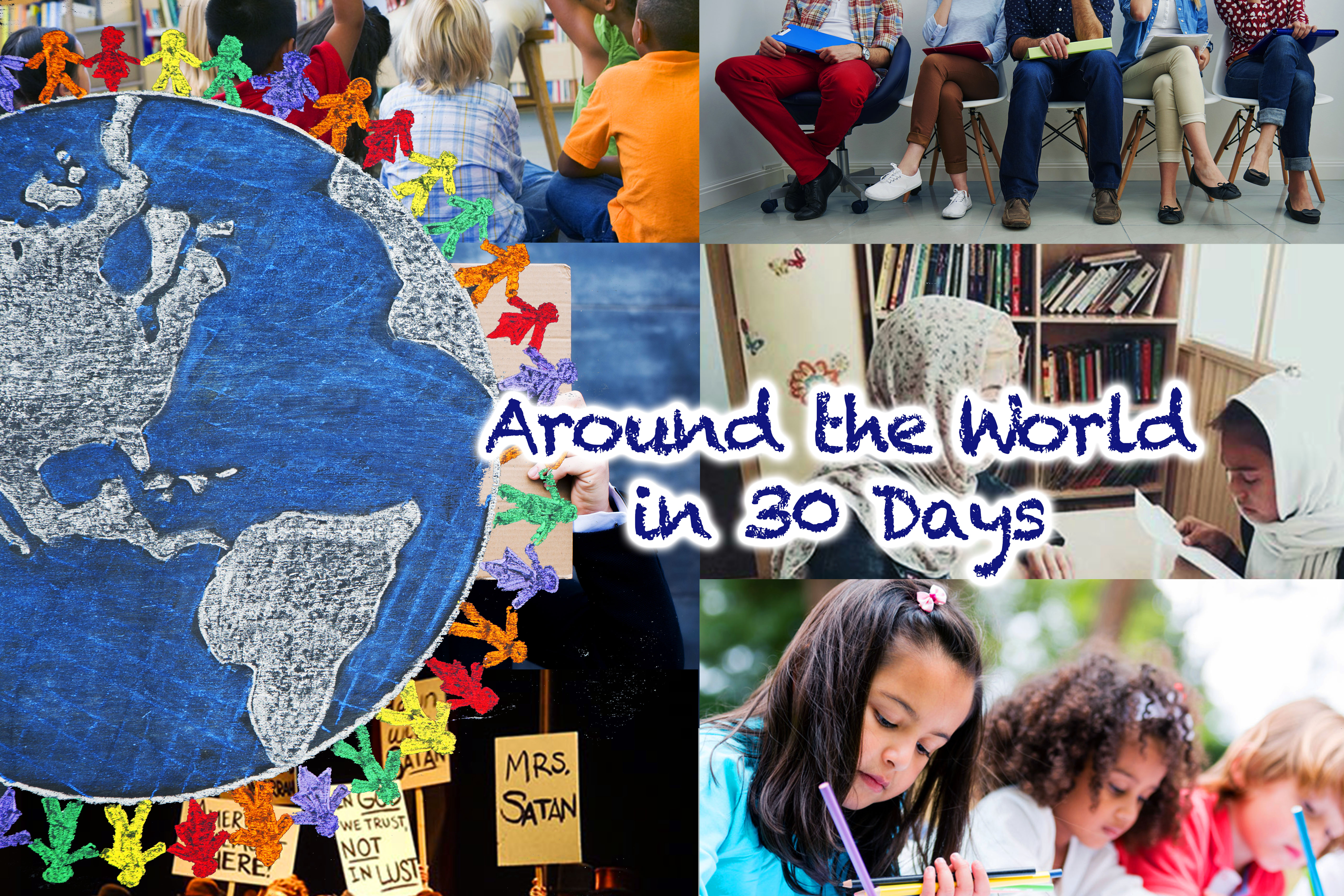

Recent Comments